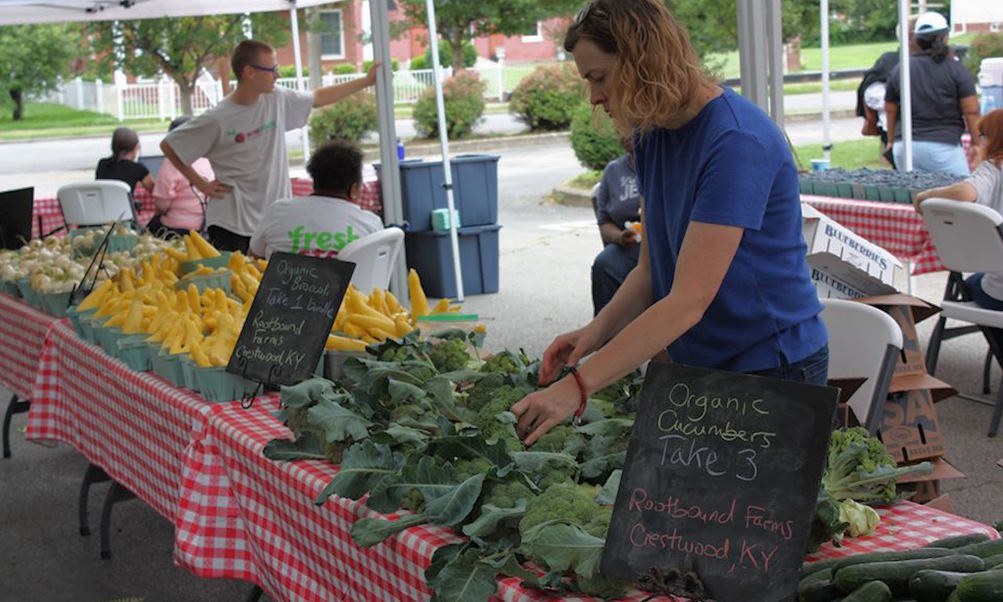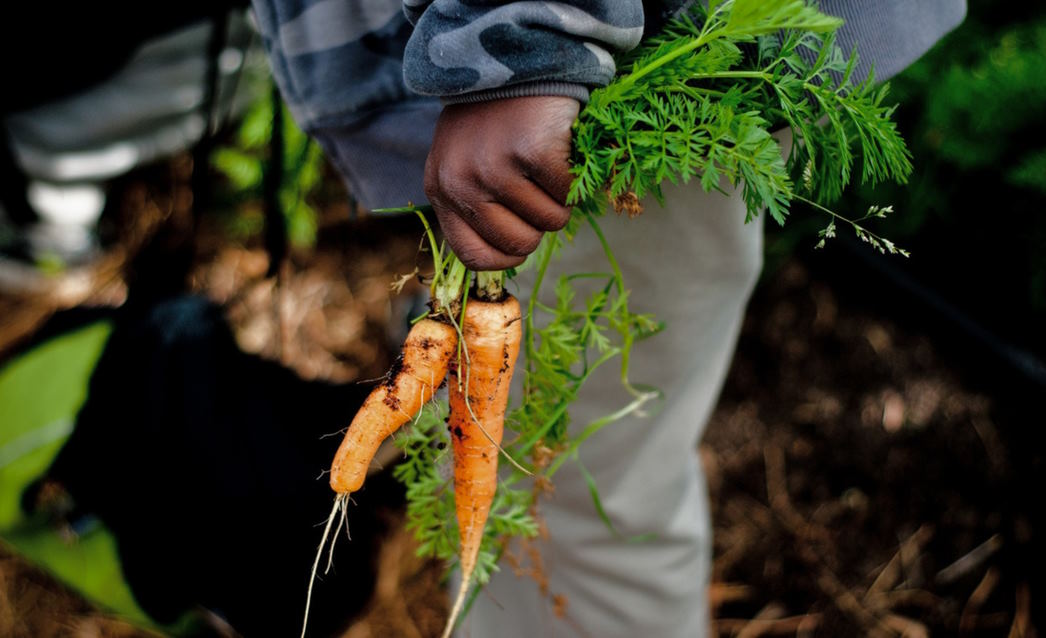In a world of abundance, it is disheartening to witness millions of individuals and communities grappling with food insecurity and inadequate access to nutritious sustenance. The glaring disparities in our food systems reveal a stark reality: not everyone enjoys the privilege of nourishing meals and a healthy lifestyle. This calls for a collective commitment to food justice—a movement that seeks to dismantle the barriers that prevent equitable access to nutritious food for all. By addressing the systemic inequities, such as poverty, limited resources, and discriminatory practices, we can forge a path towards a more just and inclusive food landscape.
Barriers to equitable access to nutritious food
Barriers to equitable access to nutritious food are a harsh reality that many individuals and communities face. These obstacles prevent people from obtaining the essential sustenance needed for a healthy and balanced life. Understanding these barriers is crucial for developing effective strategies to promote food justice. Let’s delve into some key challenges that contribute to inequitable access to nutritious food.
Food deserts and limited availability of fresh produce: In certain areas, particularly low-income neighborhoods and rural regions, the lack of grocery stores and markets with fresh produce creates what is known as food deserts. This scarcity makes it difficult for residents to access fresh fruits, vegetables, and other nutritious foods. Instead, they often rely on processed and unhealthy options that are more readily available.
High cost of healthy food options: Another significant barrier is the high cost of healthy food options. Nutritious, fresh foods tend to be more expensive than highly processed and calorie-dense alternatives. This financial burden disproportionately affects individuals and families with limited financial resources, making it challenging for them to afford and maintain a nutritious diet.
Lack of transportation and proximity to grocery stores: Limited access to reliable transportation and the absence of nearby grocery stores pose significant challenges. Many individuals, particularly those living in rural areas or without personal vehicles, struggle to reach grocery stores with a wide variety of nutritious options. This lack of proximity exacerbates the problem of food insecurity, forcing people to rely on convenience stores and fast food outlets.
Limited knowledge about nutrition and cooking skills: A lack of knowledge about nutrition and cooking skills is yet another barrier to equitable access to nutritious food. Without understanding the importance of a balanced diet and possessing the necessary skills to prepare healthy meals, individuals may be more likely to opt for less nutritious options or find it difficult to make the most of the available resources.

Strategies for promoting food justice
Strategies for promoting food justice encompass a range of initiatives that aim to ensure equitable access to nutritious food for all individuals and communities. These strategies address the underlying causes of food insecurity and foster a more sustainable and just food system. Let’s explore some effective approaches in promoting food justice.
Community gardens and urban farming initiatives: Community gardens and urban farming projects empower individuals to grow their own fresh produce, even in limited spaces. These initiatives not only increase access to nutritious food but also promote community engagement and education about sustainable agriculture practices.
Farmers markets and local food systems: Farmers markets provide direct access to locally sourced and fresh produce, bypassing the barriers of large-scale distribution and transportation. Supporting local food systems by purchasing from farmers markets not only promotes food justice but also strengthens local economies and reduces the carbon footprint associated with long-distance food transportation.
Food assistance programs and government policies: Food assistance programs, such as SNAP (Supplemental Nutrition Assistance Program) in the United States, play a vital role in ensuring that individuals and families have access to nutritious food. Additionally, government policies that prioritize food justice, such as zoning regulations that promote grocery store development in underserved areas, can have a significant impact on improving access to nutritious food.
Education and nutrition literacy programs: Enhancing knowledge about nutrition and cooking skills is crucial in promoting food justice. Education initiatives and nutrition literacy programs empower individuals to make informed decisions about their food choices, maximize the nutritional value of available resources, and develop lifelong healthy eating habits.

Collaborative efforts for food justice
Collaborative efforts are crucial in promoting food justice and ensuring equitable access to nutritious food. By working together, governments, non-profit organizations, community groups, and individuals can address the complex challenges of food insecurity and create meaningful change. Let’s explore some key collaborative approaches in the pursuit of food justice.
Partnerships between government, non-profit organizations, and community groups: Effective partnerships between these entities are essential for coordinating resources, expertise, and efforts towards a common goal. Governments can provide funding and policy support, while non-profit organizations and community groups bring grassroots knowledge and community-based solutions. Together, they can develop comprehensive strategies that address the specific needs of different communities.
Advocacy and grassroots movements for policy change: Advocacy plays a pivotal role in promoting policy changes that advance food justice. Grassroots movements can raise awareness, mobilize communities, and put pressure on decision-makers to prioritize equitable access to nutritious food. By advocating for policies that support initiatives like urban farming, farmers markets, and food assistance programs, these collaborative efforts can create systemic change.
Engaging local communities in decision-making processes: Inclusive decision-making processes are vital for ensuring that the voices and perspectives of affected communities are heard and valued. Engaging local communities in discussions about food justice empowers them to actively participate in shaping policies and initiatives that directly impact their access to nutritious food. This collaborative approach promotes ownership, accountability, and sustainability in food justice efforts.
